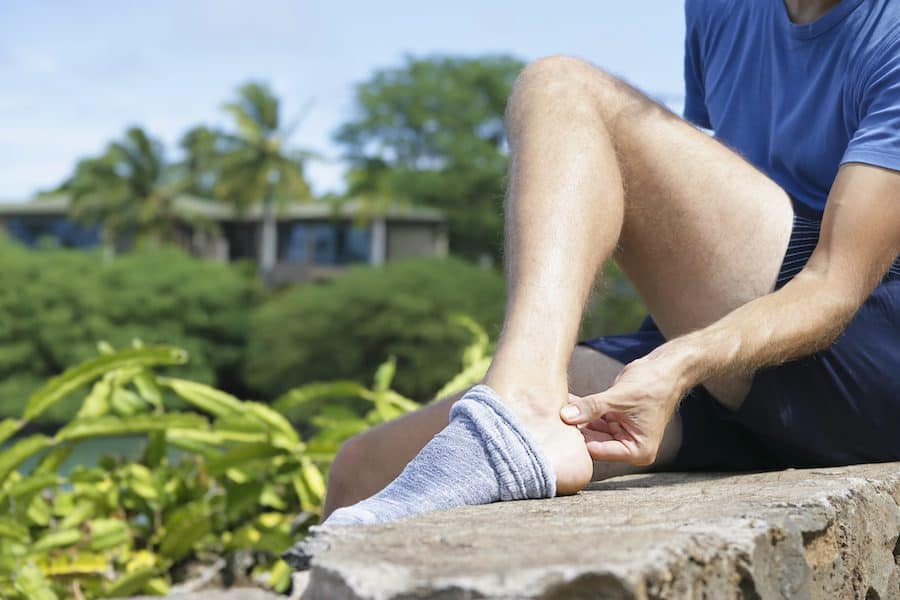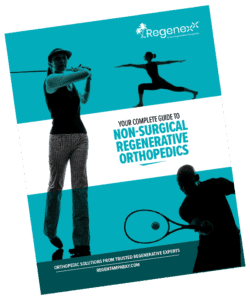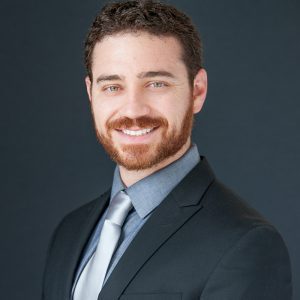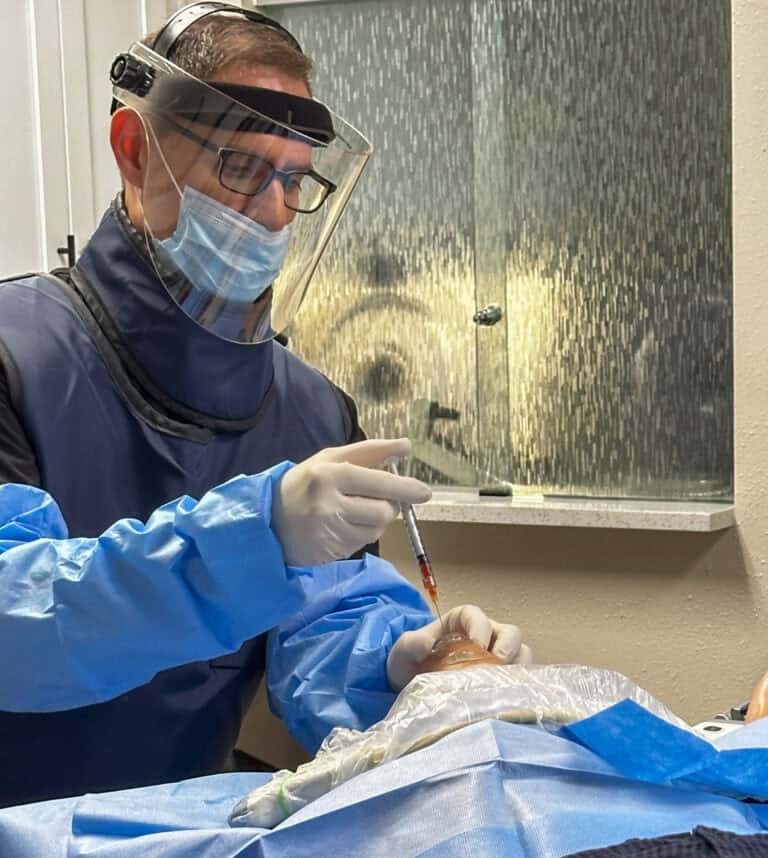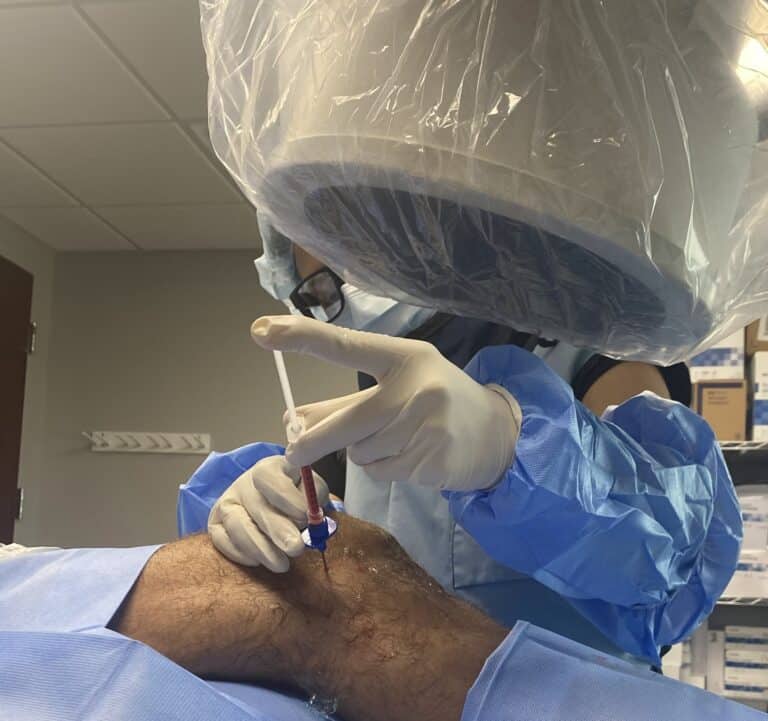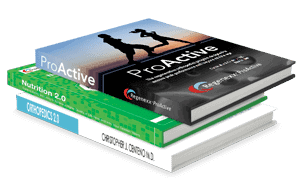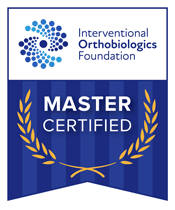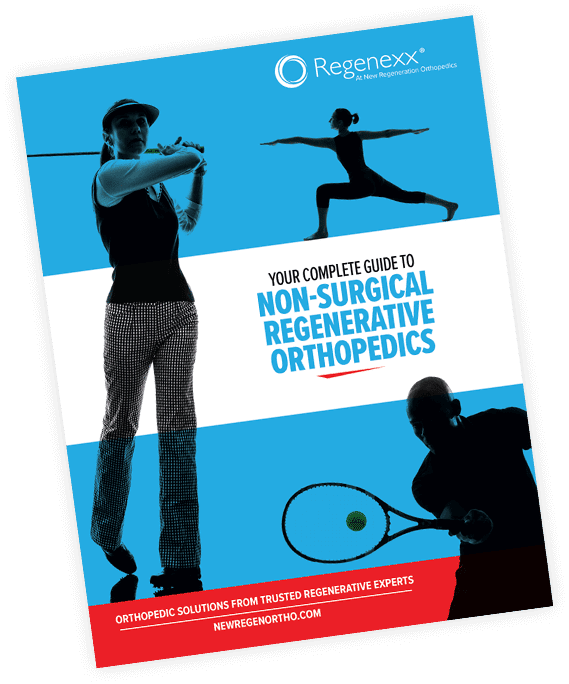Achilles tendinitis can affect anyone, although, this problem classically affects athletes in running and jumping sports. The pain, inflammation and impaired physical function from Achilles tendinitis can be especially frustrating for those trying to stay active. If left untreated, the condition can get worse and lead to serious injury. To prevent this, it is important to familiarize yourself with the basics of the condition. So what causes Achilles tendinitis and what are the treatment options available? Read on to find out.
What is Achilles Tendinitis?
Achilles tendinitis is an injury of the Achilles tendon, the connective tissue that attaches the calf muscles at the back of the lower leg to the heel bone. This tendon allows you to walk, run, jump and stand on the balls of your feet. When the tendon is put under excess strain, it can become inflamed and painful. The injury commonly occurs around the area where the tendon and the calf muscles meet or at its insertion into the heel.
Causes of Achilles Tendinitis
Achilles tendinitis often results from sudden, intense, or repetitive strain on the Achilles tendon. It affects more men than women and tends to be more common as you age. The injury can result from:
- Cuts and accidents that damage your Achilles tendon
- Repeated physical activity that strains the calf muscles
- Wearing worn-out or poorly fitting shoes
- Wearing heels frequently and for extended periods of time
- Exercising without proper warm-up
- Bone spurs in the back of the heels
- Increasing the intensity of physical activity without giving your body time to adjust
- Biomechanics that distribute excessive strain on the Achilles tendon
Apart from your sex and age, other factors that may increase the risk of Achilles tendinitis include obesity, high blood pressure, tight calf muscles, and a class of antibiotics known as fluoroquinolones.
Achilles Tendinitis Treatment Options
To prevent further injury and minimize the risk of complications, you need to know when to seek medical advice. If you experience persistent pain, hear a pop in your heel and cannot subsequently walk properly you should seek immediate medical attention. Your doctor will conduct a physical exam, ask questions about the pain and swelling, and feel around the affected area. To confirm Achilles tendinitis, the doctor may also order tests like x-rays, MRI scans, or ultrasound.
Your doctor will recommend a suitable treatment plan based on the diagnosis. The medical expert will also consider your age, activity level, and the severity of the condition. Below are some treatment options available.
Physical Therapy Exercises
For this type of injury, physical therapy will help you stretch and regain strength. Exercises will go a long way in offering pain relief, promoting proper movement and enabling you to gradually resume normal activities. A physical therapist will create the right treatment plan for you and monitor your progress regularly.
Medications
Over-the-counter drugs such as ibuprofen or naproxen can help relieve pain in the short term. Patients should be wary of taking these for prolonged periods of time due to an array of side effects.
Orthotic Devices
Orthotic devices such as a shoe insert or wedge can sometimes help. The device will elevate your heel slightly to reduce strain on the Achilles tendon. It will also provide a cushion, effectively reducing the amount of stress exerted on the tendon.
Other Forms of Therapy
Apart from physical exercises, other forms of therapy that can be used are ultrasound heat therapy, and deep massage. Both options will improve blood circulation in the lower leg, with massage increasing flexibility as well. Ultimately, this will aid the healing process.
At Regenexx Tampa Bay, we provide non-surgical treatment options for patients suffering from common injuries and degenerative conditions. Our experienced physicians use advanced techniques including orthobiologics such as platelet rich plasma, bone marrow concentrate, and microfractionated fat grafts with precise image guidance to help an array of painful conditions so you can get back to doing the things you love faster. Contact us today to find out more.
